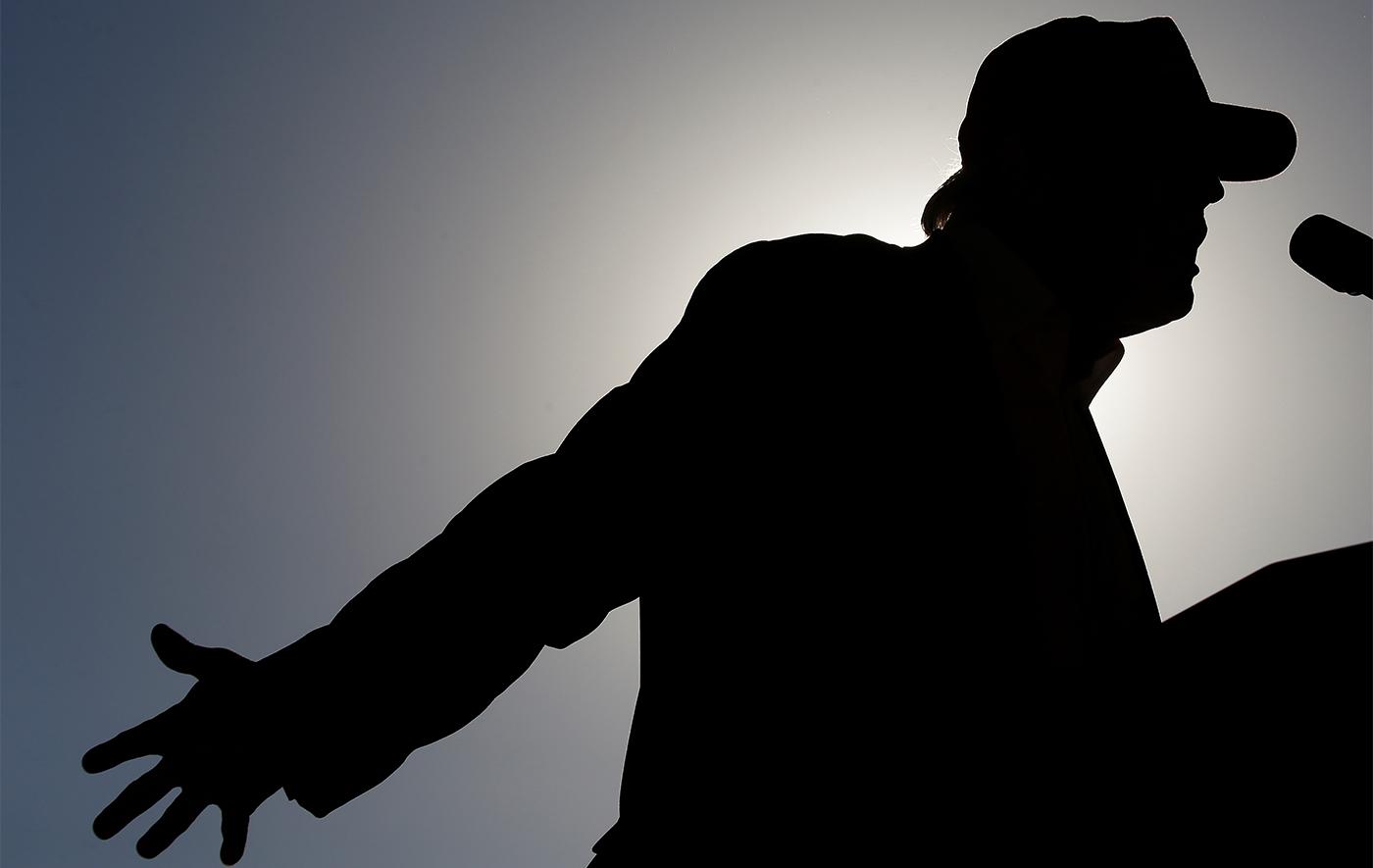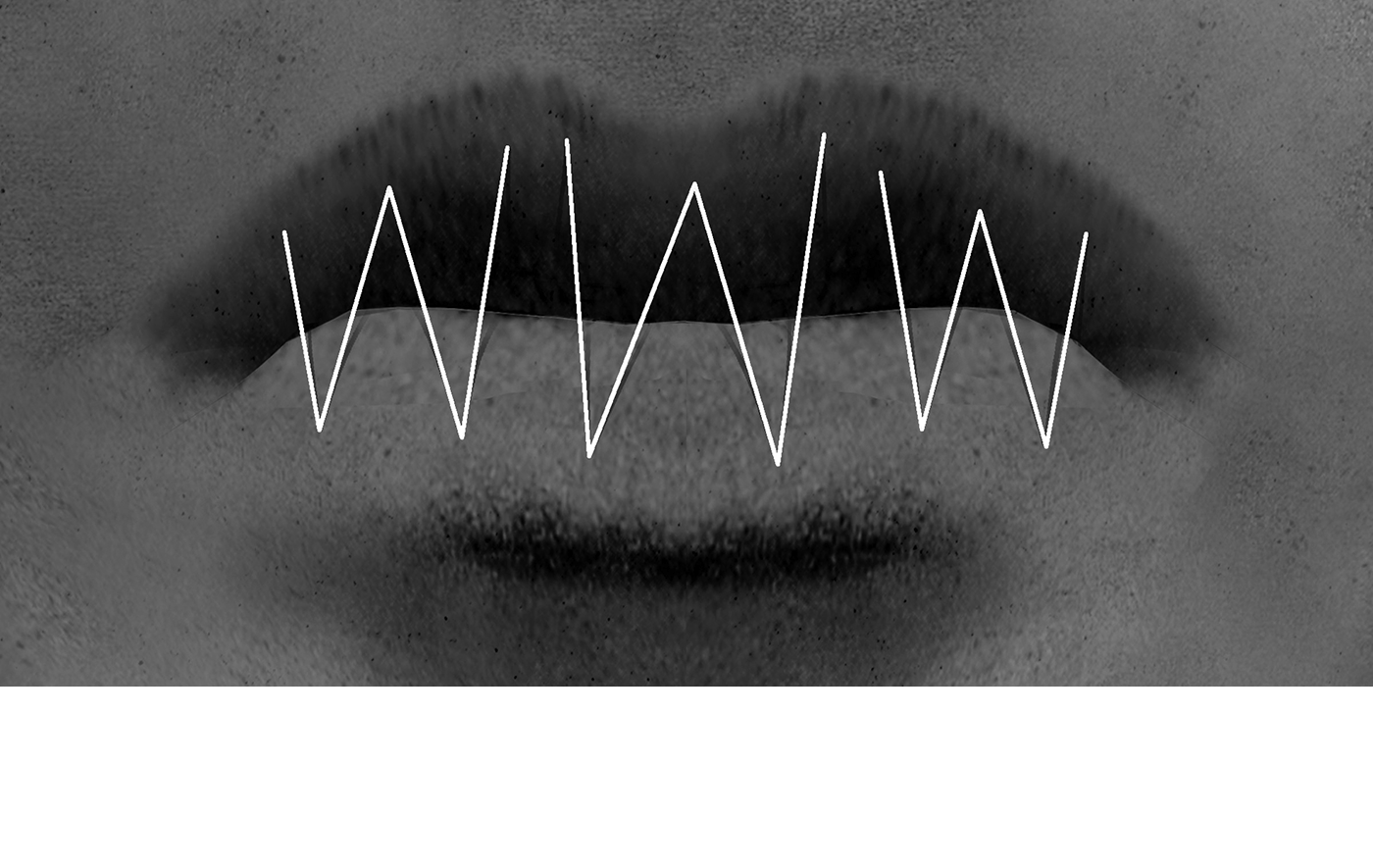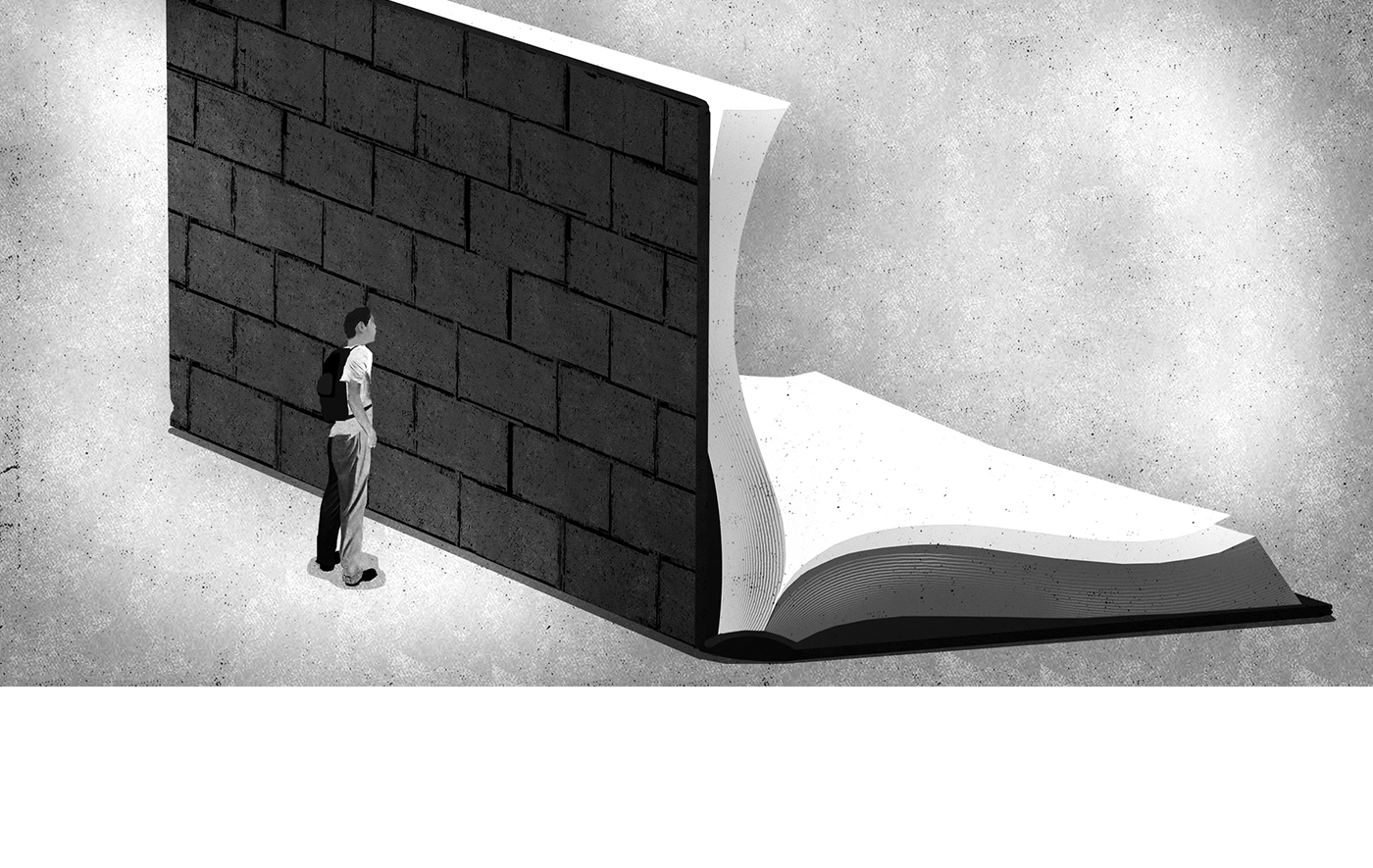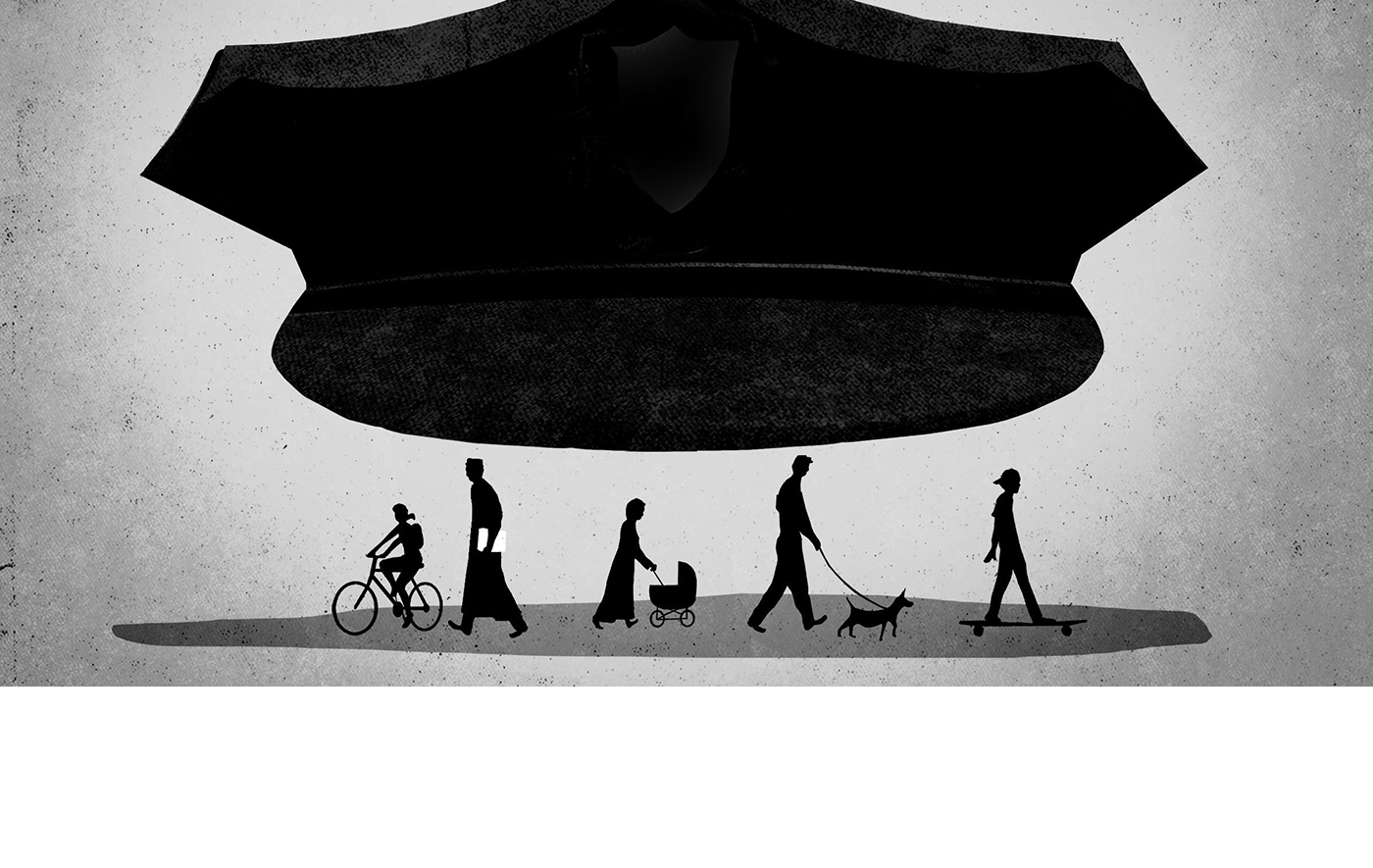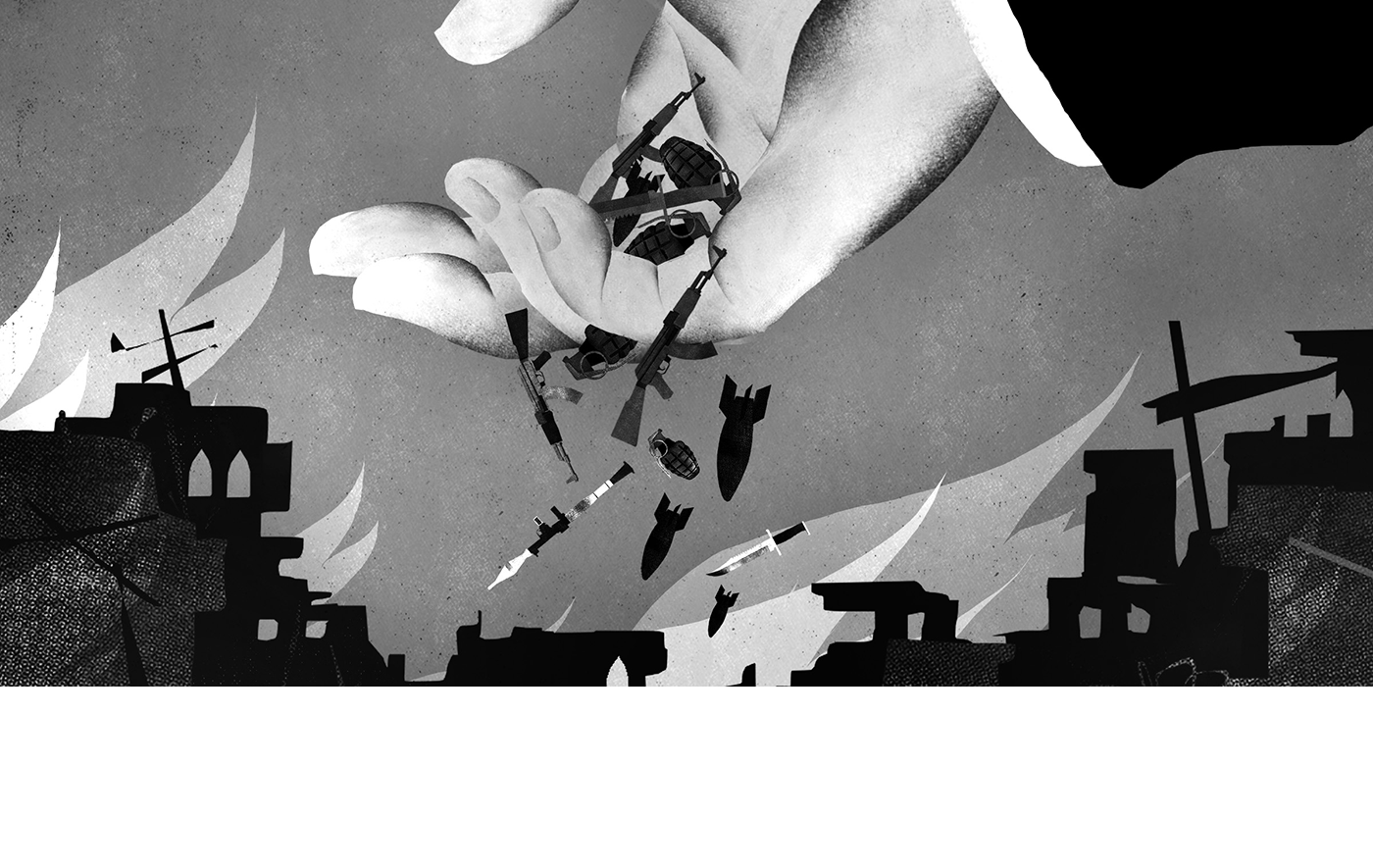The government in 2016 further tightened control over the already-shrinking space for free expression, association, and assembly and intensified persecution of independent critics. Parliament adopted laws expanding the power of law enforcement and security agencies, including to control online speech. The parliamentary vote in September resulted in the ruling party, United Russia, gaining a constitutional majority in the State Duma, the parliament’s lower chamber. Russia continued to support rebels who commit abuses in eastern Ukraine. Russia’s actions in occupied Crimea created a human rights crisis.
Freedom of Association
The authorities used a 2012 law to demonize as “foreign agents” dozens of nongovernmental organizations (NGOs), including leading rights groups and independent think tanks. At time of writing, the “register of foreign agents” by Russia’s Ministry of Justice includes 148 NGOs. Between 2012 and 2016 at least thirty groups closed rather than accept the label.
In June, authorities for the first time criminally prosecuted an activist under the law, charging Valentina Cherevatenko, chair of Women of the Don, a human rights and peace-building group, with “malicious evasion” of registration as a “foreign agent.” If found guilty, she faces up to two years’ imprisonment.
In February, a court dissolved AGORA, an association of lawyers defending civil and political activists, after the Justice Ministry alleged AGORA violated the “foreign agents” law and undertook work beyond its mandate.
Authorities fined many groups for failing to display “foreign agent” labels on publications. In October 2015, an appeals court upheld a 600,000 ruble ($10,000) fine against Human Rights Center "Memorial," a leading human rights group, for not labeling materials actually produced and published by a different group.
Russia’s prosecutor general designated three more foreign organizations “undesirable” under the 2015 law authorizing bans on foreign or international groups that allegedly undermine Russia’s security, defense, or constitutional order, bringing the total number of banned groups to seven. All seven are American democracy promotion or civil society capacity-building organizations. Russians maintaining ties with “undesirables” face penalties ranging from fines to up to six years in prison.
Freedom of Assembly
Authorities increasingly refused to sanction public protests organized by government critics and political opposition and punished protesters participating in unsanctioned peaceful gatherings and single-person pickets.
In December 2015, a Moscow court sentenced peaceful protester Ildar Dadin to three years’ imprisonment, later reduced to two-and-a-half, for repeated breaches of public assembly regulations. Dadin is the first activist imprisoned under this criminal provision. In fall 2016, Dadin alleged beatings, threats, and degrading treatment by staff of the Segezha penal colony in northern Russia where he is serving his sentence. An investigation into his allegations was pending at time of writing.
Authorities launched similar proceedings against several others, including Vladimir Ionov, 76, an outspoken critic of Russia’s role in eastern Ukraine. Ionov fled Russia in August.
New Restrictive Laws
In December 2015, parliament passed a law empowering Russia’s Constitutional Court to determine whether international human rights bodies’ rulings, including the European Court of Human Rights (ECtHR) judgments, contradict the Russian Constitution and could therefore be deemed “non-executable.” A ruling deemed “non-executable” will not be implemented unless the constitution is amended. In April, the court found unconstitutional a July 2013 ECtHR ruling finding the absolute ban on prisoner voting a violation of the right to choose one’s government.
In December, parliament adopted amendments requiring media outlets, broadcasters, and publishers to report funding from all international sources, including Russian NGOs designated as “foreign agents,” or face fines.
In June, parliament adopted legislation holding internet search engine owners with more than 1 million daily users accountable for content appearing on their sites and requiring Russian-language search engines and those advertising for Russian audiences be owned by Russian companies or citizens. Dunja Mijatović, the Organization for Security and Co-operation in Europe representative on freedom of the media, said the vaguely worded legislation would “result in governmental interference of online information and introduce self-censorship in private companies.”
A June law empowers law enforcement agencies to place on watch lists individuals allegedly engaging in “anti-social behavior,” or “actions that run contrary to commonly accepted norms of behavior and morality.”
In July, President Vladimir Putin signed into law counterterrorism and counterextremism amendments known as the “Yarovaya Law,” after their key author. The law requires that cellular and internet providers store all communications data for six months and all metadata up to three years for potential access by security services. The law also bans religious activities outside of “specially designated places,” such as officially recognized religious institutions; criminalizes “failure to report a crime” without specifying when such a requirement would apply; increases penalties for vaguely defined “public justification of terrorism” online; and severely penalizes “inducing, recruiting, or otherwise involving” others in so-called mass unrest.
Prosecutions for Online Speech
From mid-2014 through 2016, Russian courts delivered at least five guilty verdicts, with at least 15 cases pending, on criminal separatism charges for material posted online. Most charges pertained to remarks about Crimea being part of Ukraine, not Russia.
For example, in May, officials charged and placed under a travel ban Ilmi Umerov, formerly a local official in Crimea and deputy chairman of the Crimean Tatars’ elected representative body, the Mejlis, after his March interview criticizing Russia’s occupation of Crimea. In August, authorities forcibly confined Umerov to a psychiatric hospital for three weeks. At time of writing, his case was pending.
In May, a court sentenced Andrei Bubeev to two years and three months in prison for extremist and separatist calls based on two posts on Vkontakte, Russia’s largest social network: a photo with a toothpaste tube saying “Squeeze Russia out of you,” and an article “Crimea is Ukraine.”
In November, Russia’s Supreme Court recommended that law enforcement authorities exercise good judgement and take into account relevant context, when launching criminal extremism cases based solely on reposts in social media.
North Caucasus
Armed confrontations between Islamist insurgents and law enforcement agencies continued in the North Caucasus, particularly in Dagestan. Russia media continued to report on North Caucasus residents leaving Russia and joining the Islamic State (also known as ISIS) as well as on cases of detentions of North Caucasus residents allegedly affiliated with ISIS.
Salafi Muslim communities in Dagestan were subject to intense scrutiny and harassment as law enforcement largely equated them with insurgents or their collaborators. Authorities placed Salafis on watch lists, repeatedly detained and questioned many of them without specific grounds; raided Salafi mosques; and carried out mass detentions of believers. They closed several Salafi mosques, including in Makhachkala, Dagestan’s capital.
Chechnya’s strongman, Ramzan Kadyrov, asserted that Salafis have no place in Chechnya, instructing police to punish those who stray from Sufi Islam, traditional for the region. Police raids against Salafis were widespread. Authorities also pursued collective punishment, including punitive house burnings, against relatives of alleged insurgents.
Ahead of September elections for the head (governor) of Chechnya, local authorities targeted critics and those deemed disloyal to Kadyrov, including through abductions and enforced disappearances, ill-treatment, death threats, and threats of violence against relatives.
Chechnya’s authorities also attacked critical journalists and human rights defenders. In March, a group of masked men believed to be Chechen officials’ proxies, attacked a minibus carrying Russian and foreign journalists traveling to Chechnya, beat the journalists, and burned the bus.
The following week, thugs apparently acting as Chechen authorities’ proxies physically attacked the leader of Joint Mobile Group for Human Rights Defenders in Chechnya (JMG). JMG withdrew its team from Chechnya for security reasons.
In May, Chechen police arbitrarily detained and threatened a Russian journalist researching a punitive house-burning. In September, following an unfair trial, a Chechnya court sentenced 23-year-old local journalist Zhalaudi Geriev to three years’ imprisonment on fabricated drug possession charges, apparently in retaliation for his work with Caucasian Knot, known for critical coverage of Chechnya.
In Beslan, North Ossetia, during events commemorating victims of the September 2004 school hostage-taking, police roughed up and detained several activists wearing T-shirts and holding a sign saying: “Putin is the Slaughterer of Beslan.” Thugs apparently acting as proxies of local law enforcement attacked journalists Elena Kostyuchenko, of Novaya Gazeta, and Diana Khachatryan of Takie Dela. Doctors diagnosed Kostyuchenko with a brain contusion afterwards.
Sexual Orientation and Gender Identity
Authorities continued to implement discriminatory policies and laws against lesbian, gay, bisexual, and transgender (LGBT) people.
In March, police found journalist and theater critic Dmitry Tsilikin dead in his St. Petersburg apartment from stab wounds. The perpetrator, arrested a week later, confessed that he planned to blackmail Tsilikin about his homosexuality, but killed him during a confrontation. The police did not categorize the killing as a hate crime.
In January, a court in Murmansk, northwestern Russia, found LGBT activist Sergei Alekseenko guilty of violating the discriminatory “gay propaganda” law which prohibits allowing children access to positive information about LGBT relationships. The court called several publications on the website of an LGBT organization formerly run by Alekseenko “gay propaganda” and fined him 100,000 rubles (US$1,300).
Authorities continued legal action against Deti-404, an online support group for LGBT children. In April, a court in the Siberian town of Barnaul ruled to ban the website. As of November, Deti-404’s website remained blocked.
In September, a court in Siberia ruled to block BlueSystem.ru, a highly popular LGBT news site. As of November, the site was blocked.
Palliative Care
According to Russian experts, 1 million Russians need effective pain treatment, and at least 300,000 die annually without it. A July government roadmap sets out plans to improve access to and quality of pain relief, including for children. However, access to morphine, an inexpensive and effective pain remedy, remains overly restricted.
Disability Rights
In March, the European Court of Human Rights found the government violated the right to family life of Vitalii Kocherov and his daughter, Anna. In 2007, St. Petersburg authorities placed Anna, born while Kocherov and Anna’s mother lived in a state institution, in an orphanage shortly after birth and denied Kocherov parental rights, citing his intellectual disability. The family was reunited.
Reports of serious physical and emotional abuse against children and adults with disabilities in state institutions persist. For example, prosecutors monitoring an institution in Ulyanovsk region in July found that an employee had punished a 13-year-old boy with an intellectual disability by burning him with an iron. Authorities opened a criminal investigation. In June, the Ministry of Labor and Social Affairs proposed reforms intended to improve conditions in institutions for adults with disabilities but has no immediate plans to expand community-based living for adults with disabilities.
Federal curricular standards on primary education for children with disabilities, mandatory for all educational institutions, including mainstream schools, went into effect in September. The standards require a more individualized approach and reasonable accommodations based on children’s educational requirements and aim to increase inclusion of children with disabilities in mainstream schools, but children may continue to be placed in specialized classrooms, special schools, or receive home education. The number of children with disabilities enrolled in education increased although many, including those living in institutions, do not receive a quality and inclusive education.
Russia and Ukraine (see also Ukraine chapter)
The government provides political and material support to rebels in eastern Ukraine, but Russian authorities took no measures to rein in abuses by rebels. Russia’s actions in occupied Crimea created a human rights crisis. (See Ukraine chapter for details.)
In March, a court in southern Russia found Nadezhda Savchenko—a military pilot and a member of Ukraine’s parliament—guilty of premeditated murder in the deaths of two Russian journalists in a 2014 shelling attack in eastern Ukraine. In an unfair trial the court sentenced her to 22 years’ imprisonment. In May, authorities exchanged Savchenko for two Russian servicemen captured by Ukrainian authorities.
Oleg Sentsov, a Ukrainian filmmaker from Crimea, continued to serve a 20-year prison sentence in a penal camp in Yakutia, northern Russia. A court convicted Sentsov in 2015 on politically motivated charges of running a “terrorist organization” in Crimea.
Russia and Syria (see also Syria chapter)
Russia continued combat in Syria, mainly through air strikes. Civilian casualties increased, including from unlawful aerial attacks. While it is challenging to determine whether Russian or Syrian aircraft conducted any particular attack, Russia, because it plays an active role in joint military operations, shares responsibility for violations even when its aircraft were not directly involved.
Unlawful attacks included attacks on schools and hospitals, the use of air-dropped cluster munitions, and use of incendiary weapons in populated areas. Despite repeated official denials, convincing evidence indicates that Russia used both cluster munitions and incendiary weapons in attacks on opposition-controlled areas.
In September, airstrikes hit a United Nations aid convoy and a Red Crescent warehouse in Aleppo. Only Syrian and Russian air forces are known to be active in this part of Syria. Russia denied responsibility for the attack.
At a special session held in October, the UN Human Rights Council adopted a resolution calling for an end to aerial bombardments and mandating the Syria Commission of Inquiry to conduct a “comprehensive, independent special inquiry into the events in Aleppo.”
Russia presented a series of hostile amendments that would have removed all references to aerial bombardments, suppressed reference to the responsibility of the Syrian government “and its allies,” limited the focus of the special inquiry to only the actions of opposition and terrorist groups, and removed references to the International Criminal Court. All were rejected.
Despite its involvement in the conflict, Russia has not offered to resettle any Syrian refugees, but only to provide scholarships for 300 students. As of April 2016, only two Syrian asylum seekers in Russia had been granted asylum since the conflict began in 2011, and another 1,300 temporary asylum. About 2,000 reportedly have some other form of legal basis for residence, but thousands more live in limbo.
Foreign Policy
Russia played an increasingly obstructive role at the UN Human Rights Council. It opposed the long-standing practice of NGOs proposing language during negotiations on resolutions and presented more than 30 amendments to a Norwegian resolution on human rights defenders that were designed to strip previously-agreed resolution language. Russia also used procedural tactics such as points of order to attempt to block the appointment of UN Human Rights Council experts. In October, the UN General Assembly declined to re-elect Russia to the Human Rights Council for 2017, likely reflecting deep concern over how its aerial bombardments have been carried out in Syria.
In December 2015, Russia voted for a UN Security Council resolution that called on all parties to the conflict in Syria to “immediately cease any attacks against civilians and civilian objects,” but in October 2016 vetoed a resolution that would have demanded safe delivery of humanitarian assistance to people trapped in Aleppo and an end to unlawful attacks on the city. Russia’s staunch support for the government of Bashar al-Assad government and opposition to an arms embargo in South Sudan made progress on issues like sanctioning the Syrian government or taking meaningful steps on South Sudan nearly impossible.
For nine months, Russia suppressed the publication of a report by the Security Council’s sanctions monitoring panel for Darfur, which found the Sudanese government in violation of international law. The report was eventually published in September. The Russian delegation also blocked the UN from appointing new experts to the Darfur sanctions monitoring panel.
Key International Actors
In January 2016, International Criminal Court judges authorized the court’s prosecutor to conduct an investigation into crimes allegedly committed during the August 2008 Russia-Georgia conflict over South Ossetia. On November 15, the ICC’s Office of the Prosecutor, in its annual report, characterized the armed conflict in eastern Ukraine and Russia’s occupation of Crimea as international armed conflicts to which Russia is a party.
The next day, President Putin issued an order to notify the UN that Russia was withdrawing its signature from the Rome Statute, the founding treaty of the ICC. The European Union high representative for foreign affairs and security policy issued a statement to express regret over Russia’s decision “not to become a party to the Rome Statute.”
Russia’s role in the Syria conflict, sanctions against Russia for occupying Crimea, and engagement with the Russian authorities to end hostilities in eastern Ukrainedominated the agenda of key international actors. Some raised concerns about the human rights crackdown.
In September, the EU External Action Service’s spokesperson urged the authorities to stop branding NGOs “foreign agents,” and said the law is “clearly aimed at restricting their independence and threatening their very existence.” Also in September, the EU made a similar statement at the UN Human Rights Council.
In June, the European Commission for Democracy through Law (Venice Commission) stated that the law enabling Russia’s Constitutional Court to block European Court rulings “is in direct conflict with Russia’s international obligations … and should be removed.” The commission also found the law on “undesirable” organizations interferes with freedom of expression and assembly, and should be significantly amended.
The US commission on international religious freedom condemned the “Yarovaya Law” and warned that “under the guise of confronting terrorism, [it] would grant authorities sweeping powers to curtail civil liberties, including … religious practices.”
Numerous international actors criticized the deteriorating human rights situation in Russia-occupied Crimea, particularly the crackdown on Crimean Tatars. The European Parliament called for an “immediate reversal” of the April ruling of the Crimean Supreme Court banning the Mejlis.The Council of Europe urged the government to re-open Crimea to its monitoring mechanisms. The US called on Russia to “advocate for the dignity and rights of the people of Crimea, and to hold human rights violators to account.”
In July, the UN high commissioner for human rights urged the government to ensure investigations into all allegations of disappearances and killings in Crimea and provide “direct and unfettered access to the Crimea for the High Commissioner’s office and other international human rights monitoring mechanisms.”

